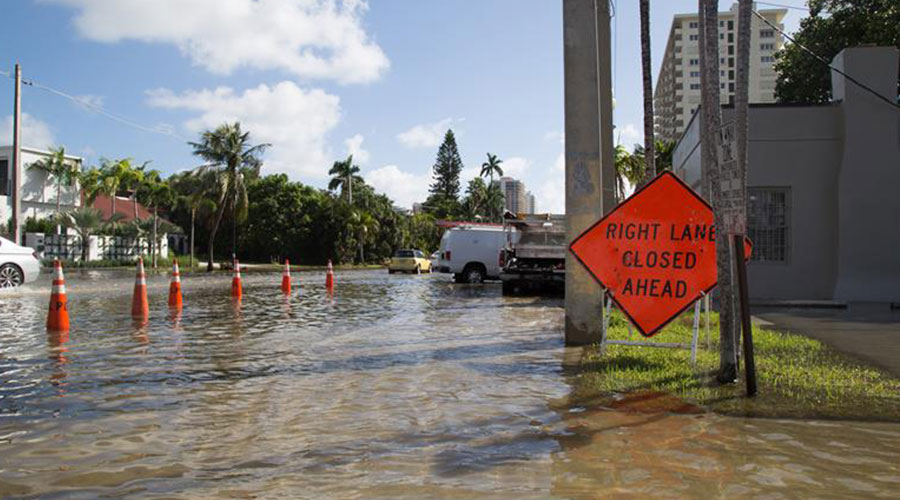Virtual Market Developed to Improve Forecasting for Avian Flu
A new tool was unveiled recently to help public health officials better predict when avian flu will strike and plan ways to stem its effects.
A new tool was unveiled recently to help public health officials better predict when avian flu will strike and plan ways to stem its effects.
Through a collaboration among the University of Iowa’s Colleges of Business and Medicine, the Iowa Health Prediction Market is launching the "Avian Flu Market (AFM)," an information trading and aggregation system to help public health officials around the world collect and analyze information to forecast the timing and extent of a human-to-human bird flu outbreak, according to the
Robert Wood Johnson Foundation Web site.
The AFM is a based on the Iowa Electronic Market (IEM), which, since beginning in 1988, has achieved a prediction record superior to alternative mechanisms such as opinion polls. The University of Iowa Health Prediction Market is the first to use them as predictive tools in the medical and public health arenas.
The AFM will target doctors, nurses, researchers, epidemiologists, public health and other medical workers who have some knowledge of the flu virus' development and will trade in the market based upon their beliefs about its future spread. Participants will be recruited through the Program for Monitoring Emerging Diseases (ProMED), an online global reporting system run by the International Society for Infectious Diseases that rapidly distributes information about outbreaks.
Participants will trade in the AFM to predict the likelihood of different avian influenza watershed events. AFM participants will trade using virtual currency, and any profits will be paid in the form of educational grants to be applied toward things like journal subscriptions, conference fees and other supplies.
Individual profits or losses will differ depending upon the accuracy of the trader's predictions, though no participant stands to lose money; at worst, one can only reach a zero balance in his or her trading account.
Related Topics:











